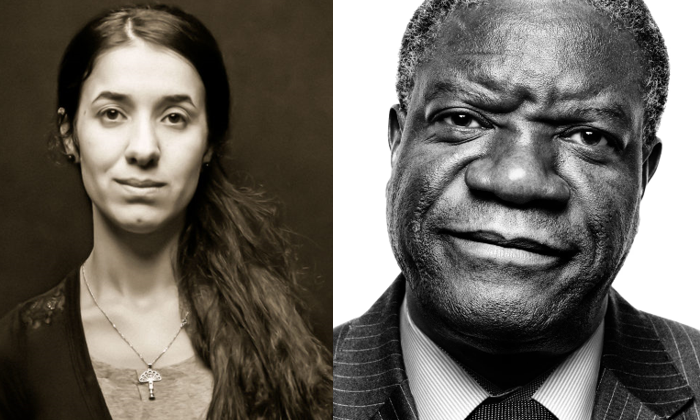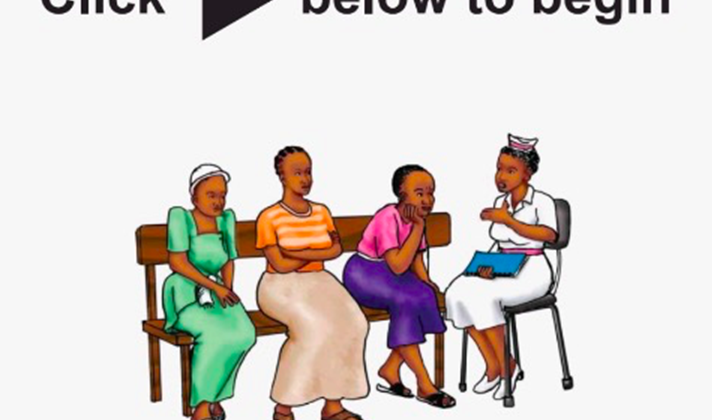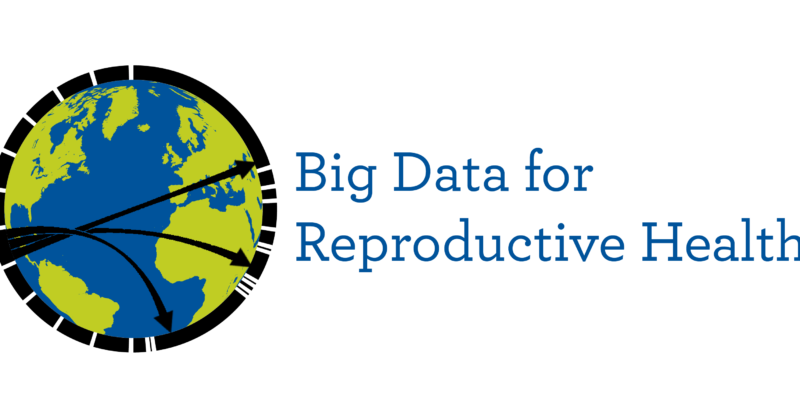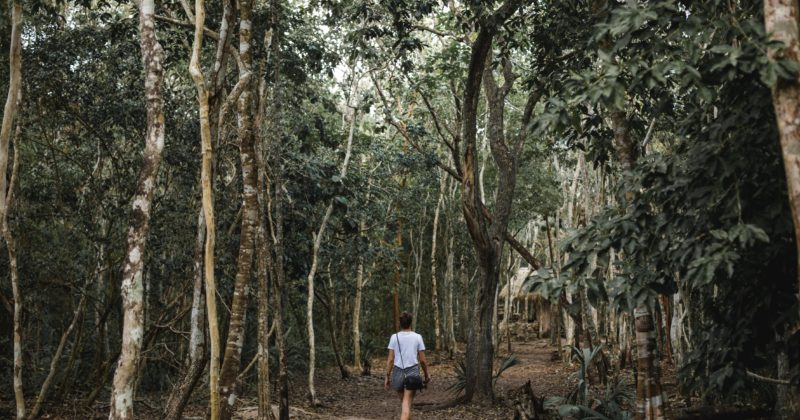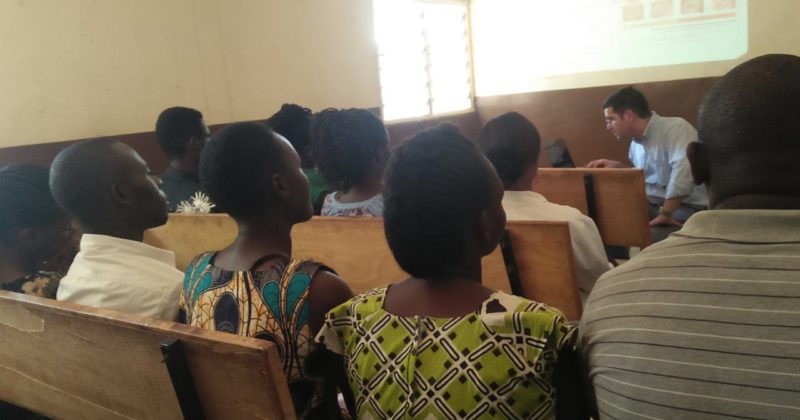
Duke Students in Action
This past year, I had the opportunity to work on a Bass Connections research team: Big Data for Reproductive Health (BD4RH). Bass Connections projects are interdisciplinary teams of undergraduate and graduate students, professors, and researchers. I became interested in reproductive health research after taking Dr. Megan Huchko’s global reproductive health course in the spring of 2017. It was through her course that I developed my understanding of and passion for reproductive health policy and gender equality. The BD4RH team reflected my passion for reproductive health through the project’s commitment to reduce contraceptive discontinuation rates. The initial goals of our research were to create and disseminate data visualization tools that use reproductive health data from USAID’s Demographic and Health Surveys (DHS). The DHS collect data in over 80 different countries, and the surveys’ contraceptive calendar tracks women’s month-by-month contraceptive use over a five-year period. Our project began in the summer of 2018 when undergraduate student, Saumya Sao, and Masters student, Melanie Wai,...

